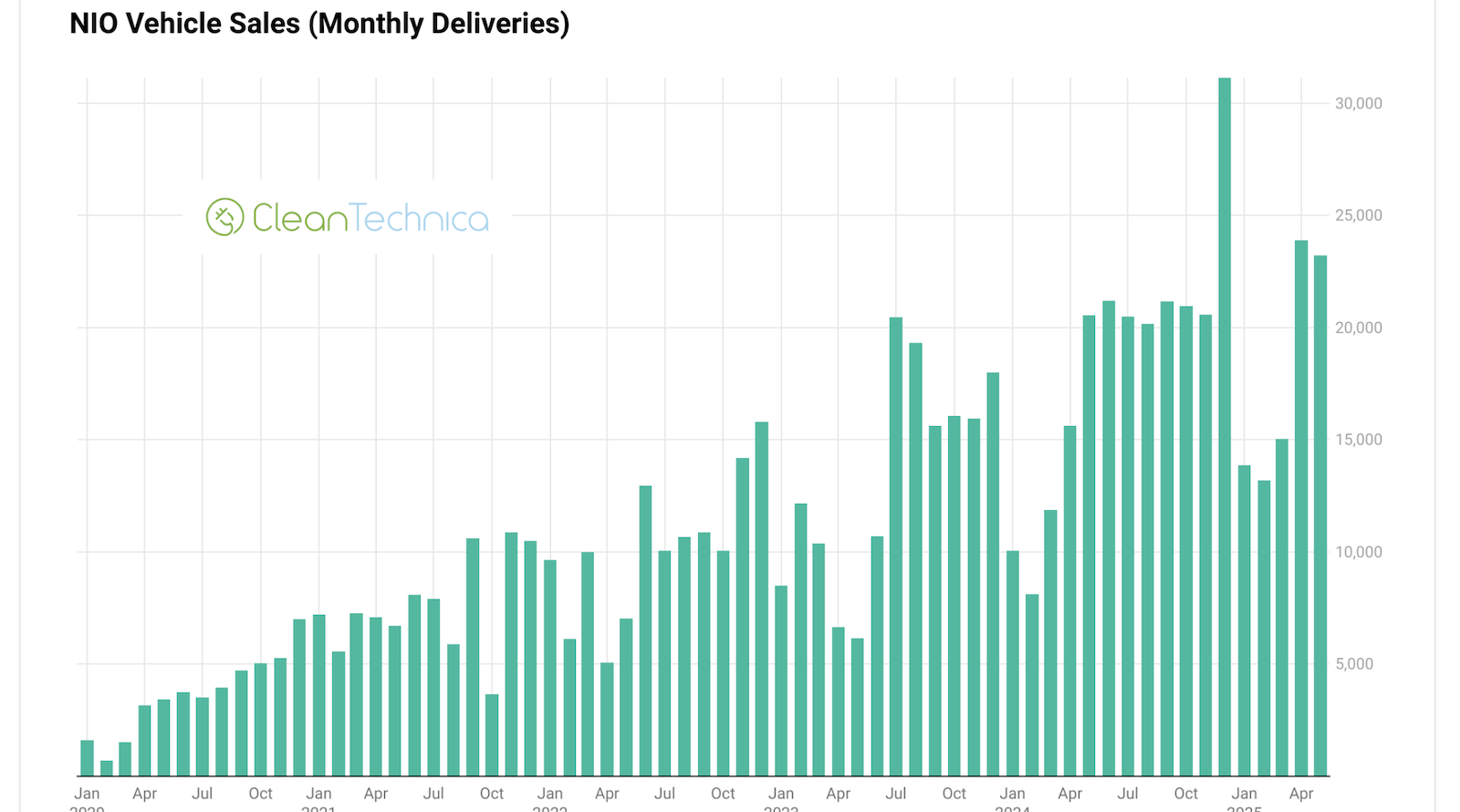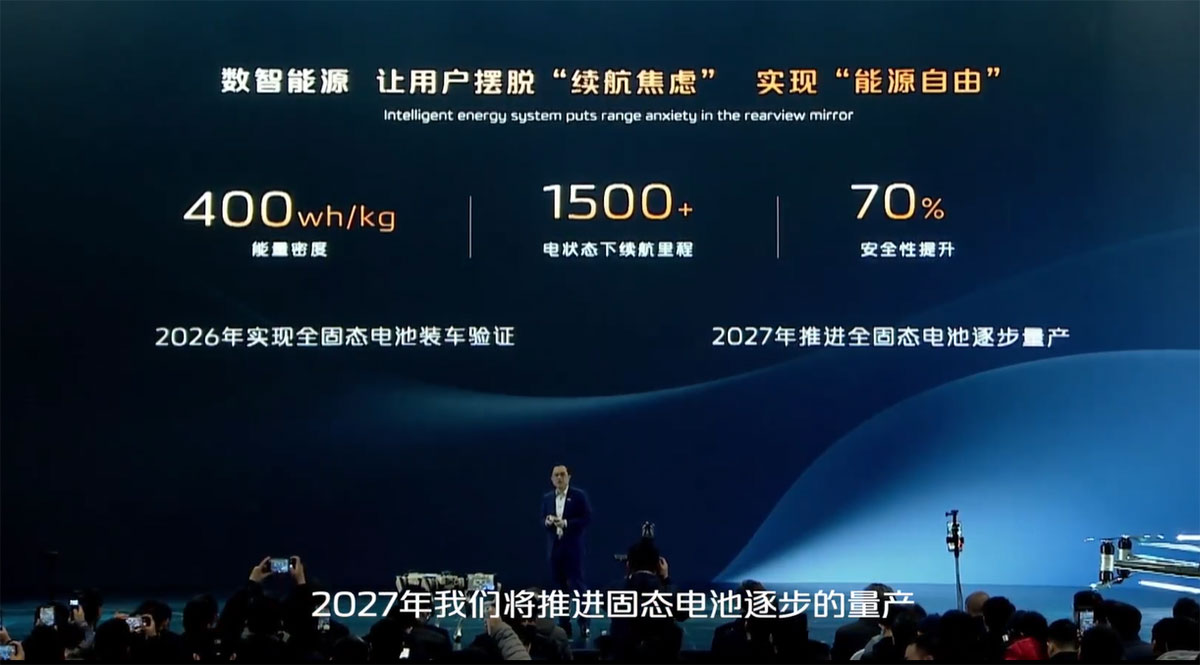Shoppers Are Taking Advantage of Flexible Retail Return Policies
Consumer abuse of return policies appears to be growing.

Retailers are reportedly losing billions as shoppers increasingly abuse product return policies. In 2023, shoppers returned $743 billion of merchandise, per the National Retail Federation. Of the total, $101 billion was fraudulent.
The exploitation of return policies is seemingly getting worse. Unscrupulous consumers continue to devise more cunning methods to defraud retailers. Deceptive strategies include returning empty boxes, creating fake or modifying receipts, and removing parts from an item before returning.
To stop the financial bleeding, retailers need to craft return policies that mitigate nefarious practices while at the same time keep customers happy. Investing in technology has been one strategy.
“In recent years, we’ve seen many retailers ramp up investments in data and analytics to detect patterns and flag suspicious return activity,” Arun Sundaram, senior equity analyst at CFRA Research, told FOX Business. “Still, striking the right balance between preventing fraud and keeping a positive customer experience is an ongoing challenge.”
Consumers Admit To Abusing Return Policies
Nearly half of consumers admit to misusing lenient return policies. Conducted by Forter, a survey of 4,000 shoppers in the U.S. and U.K. found 49% abused a store’s policy in the previous 12 months.
Approximately 29% of survey participants admitted to using the return policy to avoid paying full price. Another 30% said they use and return clothing items simply because they can’t afford them.
“Returns have always been a problem, but since the pandemic, it’s been really bad,” said Lauren Beitelspacher, a professor in the marketing division of Babson College, per USA Today. “So, in order for retailers to minimize the consumers’ risk, they offer that free returns and free shipping, and people just went nuts and took advantage of it.”
In another survey conducted by Blue Yonder, 90% of participants said a retailer’s return policy shapes their buying decisions. Gen Z and millennials, in particular, often won’t make a purchase at all if a retailer has a restrictive return procedure.
Essentially, a retailer’s goal is to limit abuse but not lose customers. Having a strict return policy or even charging for returns would send consumers away, yet a very loose policy puts pressure on the bottom line.













































































































































